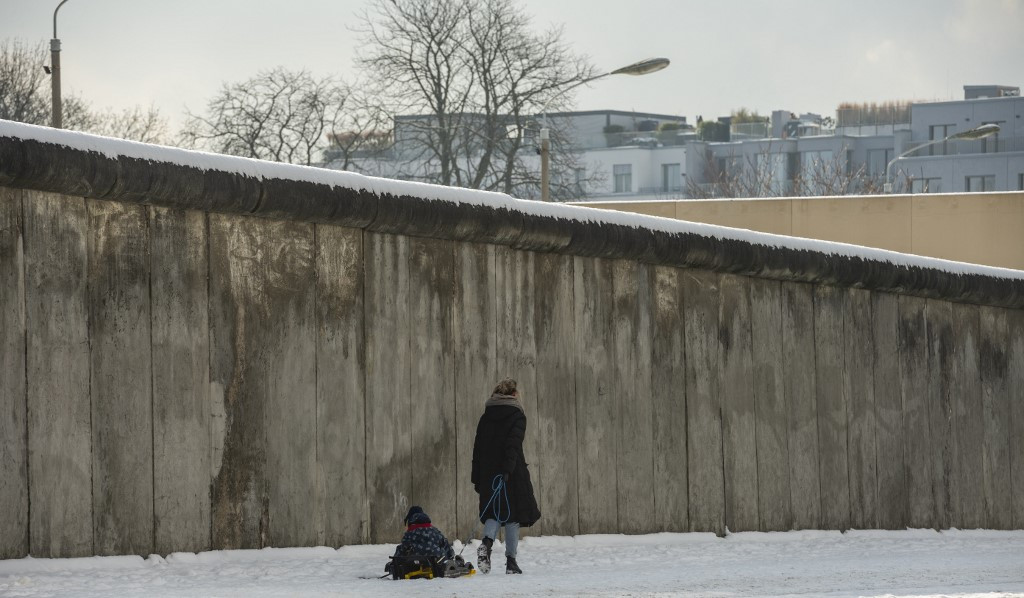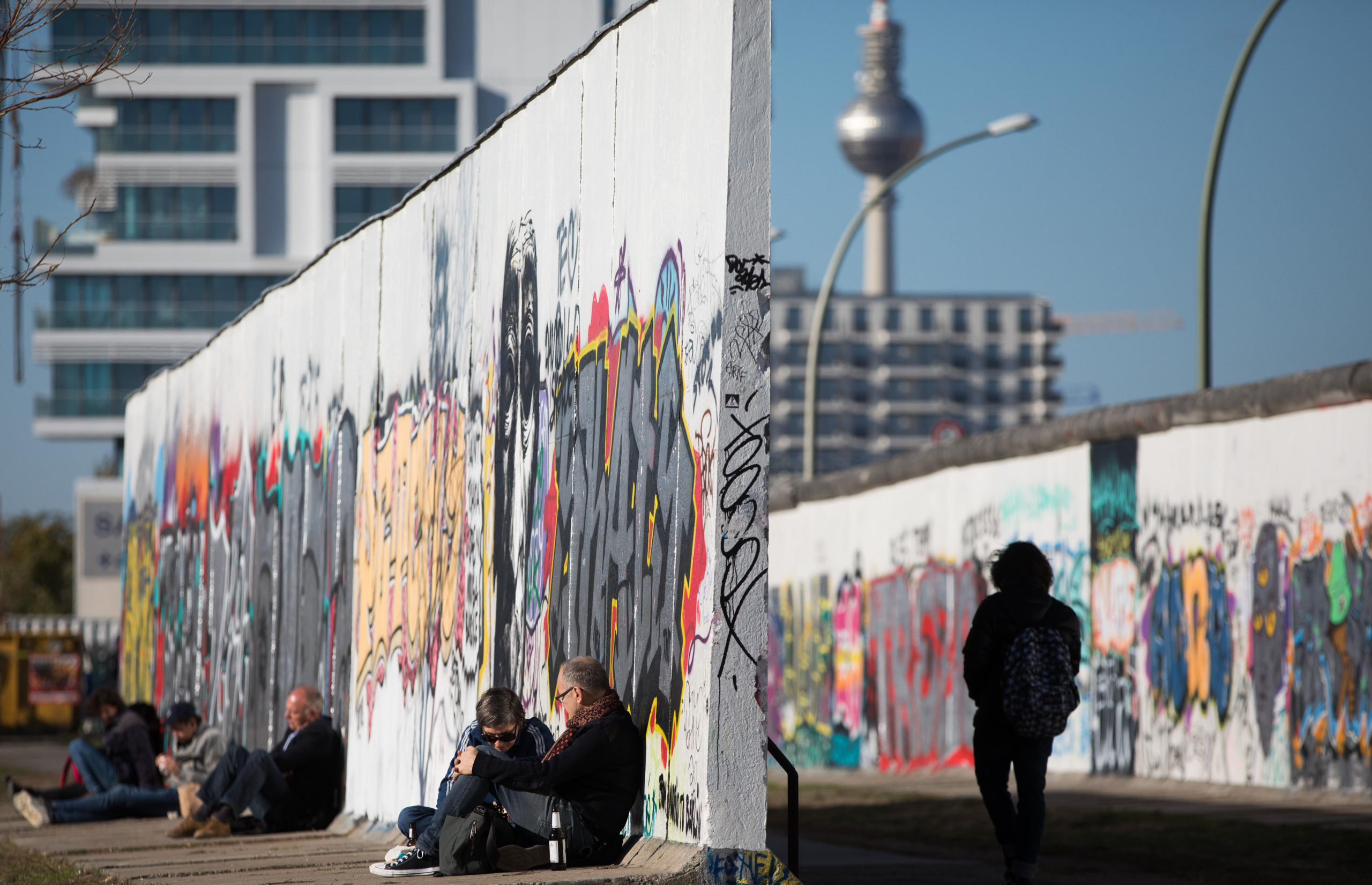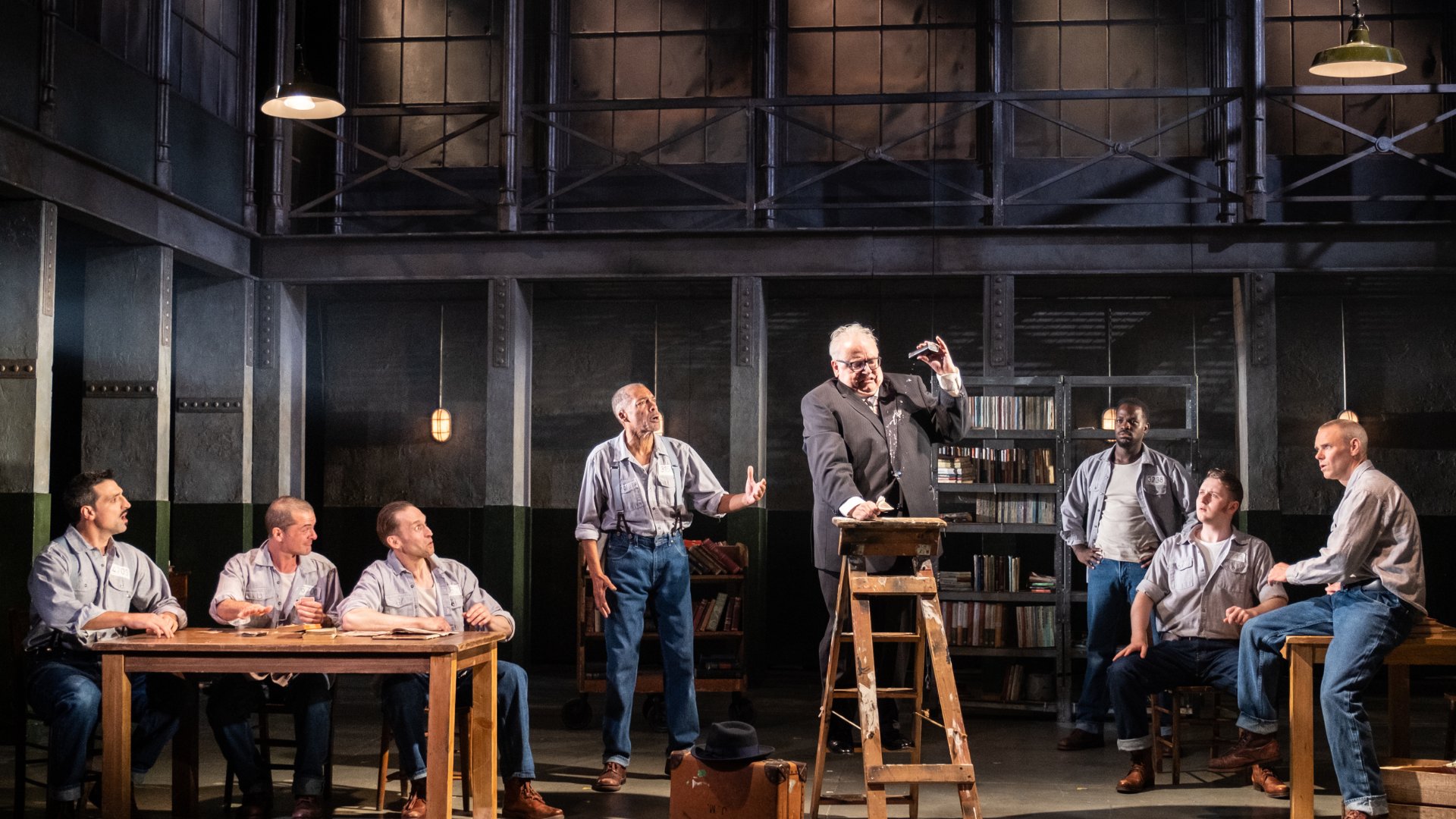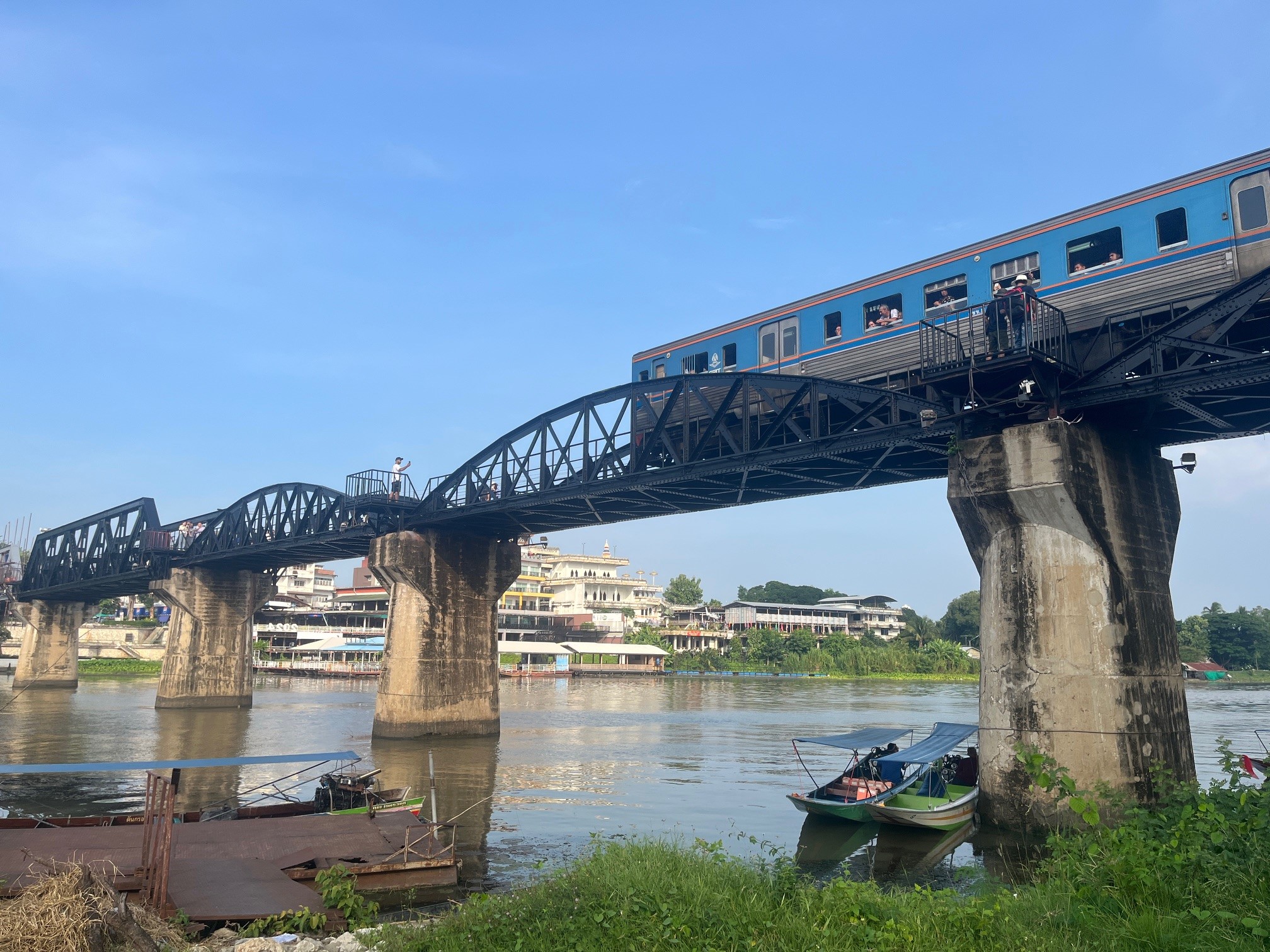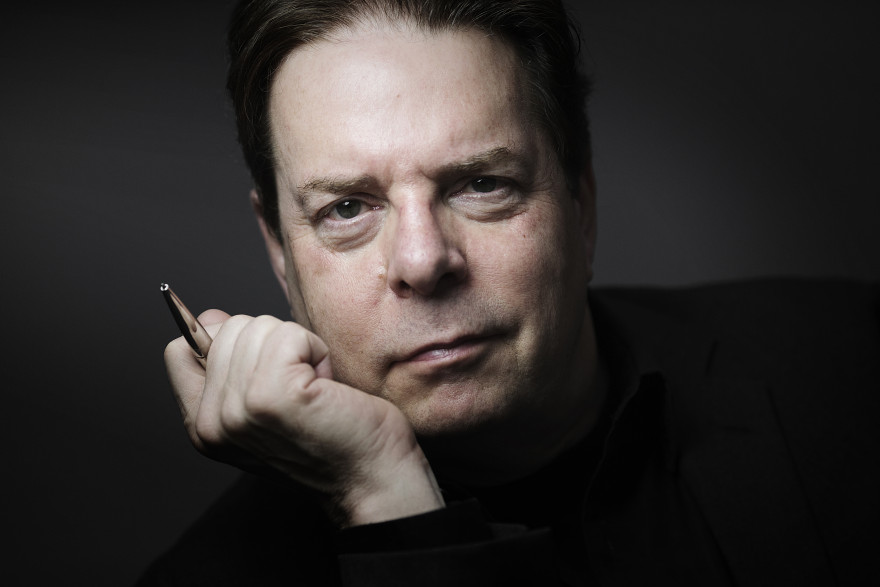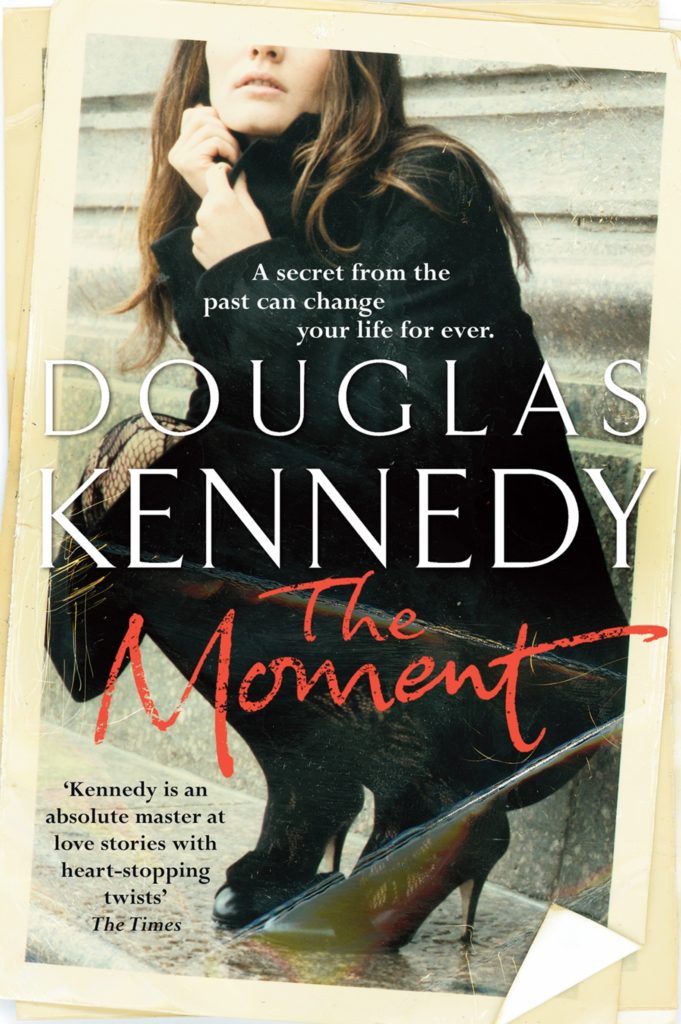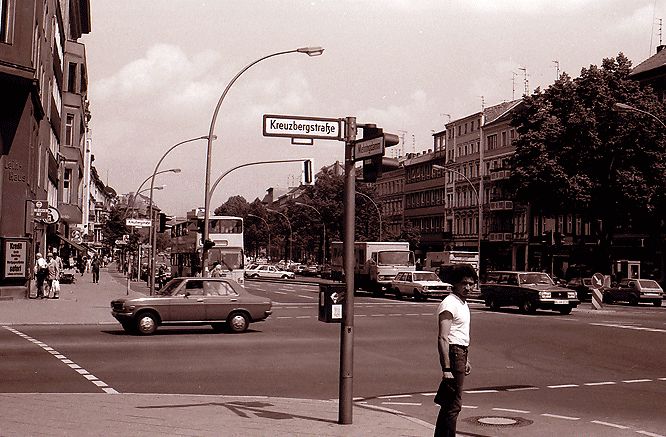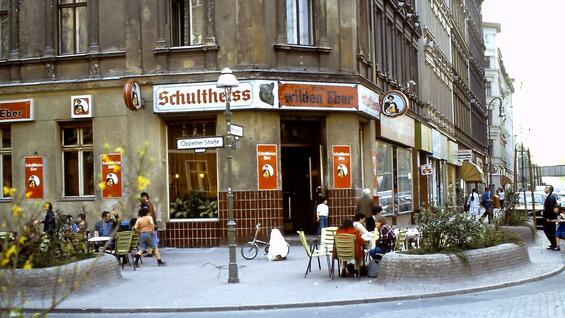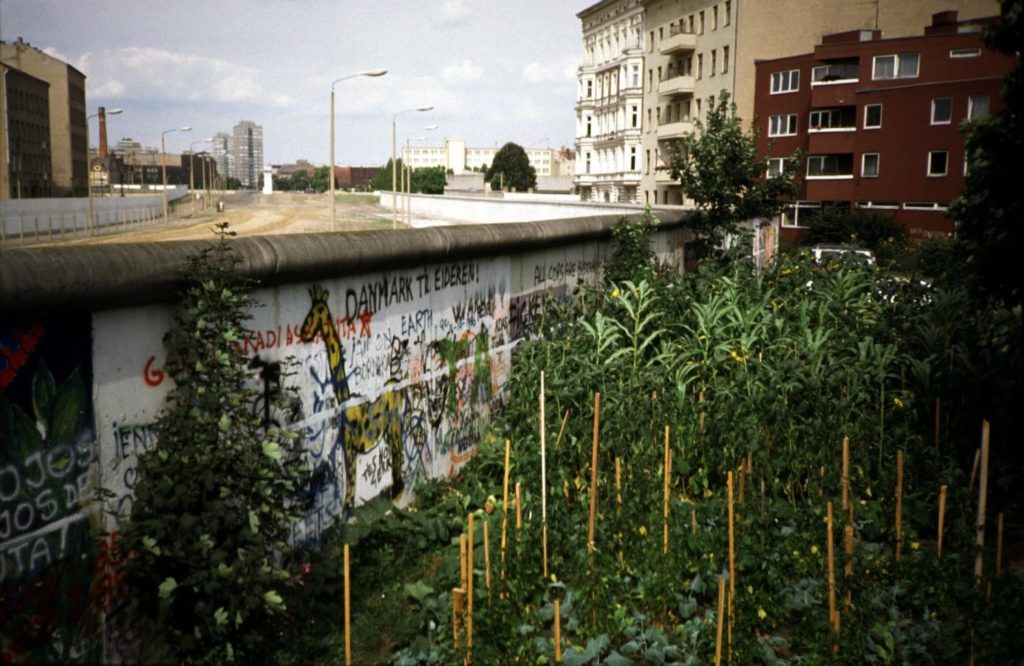My brother-in-law Emmanuel has been for several years the president of the “Grandes Conférences Catholiques“, probably the most prestigious forum in the capital of Europe. As I live in the United States and only return to Belgium for the winter or summer vacations, I used to admire the upcoming season’s program and regret not being able to attend. Because of the recent pandemic (in this case, I was tempted to write “thanks to”), the conferences of the last two years were also available via video link, and I was thus able to follow many of them. The program usually includes many statesmen and women, scientists and opinion leaders. But Emmanuel also invites excellent writers. A few years ago, the program introduced me to the English writer William Boyd. This year it was the turn of the American novelist Douglas Kennedy, whom I did not know, perhaps because he seems to be more popular in Europe than in his native country. His talk was excellent (he speaks French very well, with just the right dose of accent to make it charming) and made me want to read one of his novels.
I chose “The Moment” because I was tempted by the idea of immersing myself in the atmosphere of Berlin in the 80s. I had already written an article about the German capital, recounting my trip in November 1989 when the Wall fell.
In reality, Douglas Kennedy’s novel begins many years later and in the United States. Thomas Nesbitt is recovering from a divorce and a ski fall in his Maine residence. One day, the mailman delivers a package from Germany. The sender’s name “Dussmann” suddenly sends him back to Berlin in 1984, to a city still divided.
Thomas was a young writer who had just published his first book. He chose to move to Berlin and settled in Kreuzberg, a then rather rundown neighborhood, right next to the Wall, inhabited by Turkish immigrants and rebellious youth. Through the classified ads, he ends up sharing an apartment with Alistair, an Englishman from a well-to-do family, a brilliant painter, extravagant, gay and junkie. He also finds a job for “Voice of America”, the organization in charge of relaying America’s point of view over the Iron Curtain. He begins by writing a short piece about his first day spent in East Berlin.
Petra Dussmann is assigned to translate his article into German. The young interpreter, a recent defector from the East, is discreet and reserved, almost austere. And yet, the seduction is immediate and reciprocal. Thomas and Petra get to know each other and, after some hesitation on her part, they decide to live together. Little by little, she seems to open up and ends up revealing the burden that gnaws at her: the circumstances of her passage to the West, a prisoner exchange, meant that she had to leave her three-year-old son on the other side of the Wall. Despite this, they begin to make plans for a future together.
But is Petra really who she says she is? Some nights she slips away for a few hours. Who does she meet? One weekend, she announces that she is to accompany the director of “Voice of America” to Hamburg, but Thomas sees him at a concert at the Berlin Philharmonic. Doubt sets in. He doesn’t want to believe that Petra is a Stasi agent, but to find out for sure, he agrees to set a trap for her at the instigation of the American secret service.
This is a fascinating novel about love, betrayal and trust. About those moments when everything can change, when everything depends on one decision. A decision that one could regret for a lifetime.
